When was the last time you got a deep sleep? One where you wake up – without an alarm – feeling rested? This kind of rest has become increasingly more difficult to get with age (stress, anyone?) Although, I will say that getting quality sleep has become more of a priority in my life now more than ever.
Back in my early 20’s, I would somehow manage to function on little to no sleep – and living and working in NYC did not help at all. I was constantly checking my emails in bed, regularly left Netflix running all night to drown out the street noise, and would rather spend my money at happy hour than on a new pillow that actually supported my head.
As “healthy” as I was with my diet and exercise, sleep was at the bottom of the priority list. But little did I know how my lack of sleep was counteracting the efforts I was putting into my health.
It’s pretty obvious that getting a restful sleep is needed for our body to function properly. But little do most people know is that sleep is vital for your brain’s detox process. During a restful sleep, a waste clearance system in the body – known as the glymphatic system – conducts a deep detox in the brain through the secretion of cerebrospinal fluid. Our bodies naturally accumulate toxins and metabolic waste that can get stored in our brain, and melatonin and a good nights sleep are what turn the glymphatic system on for clean-up.
Experts believe that disruptions of the glymphatic system’s process can ultimately lead to cognitive degeneration and Alzheimers. Although there is still much to learn about the glymphatic system, we do know that it’s vital in cleansing one of our most sensitive and complex organs and significantly influences our overall health.
So we know sleep is necessary for healthy hormones + heart + cognitive functions, so what can we do to maximize the potential for good sleep? After taking a serious look at my own sleep situation, I’ve made some investments in items that have personally made a big impact on falling (and staying) asleep. Here’s my top 6 investments that have made a noticeable difference with my sleep.
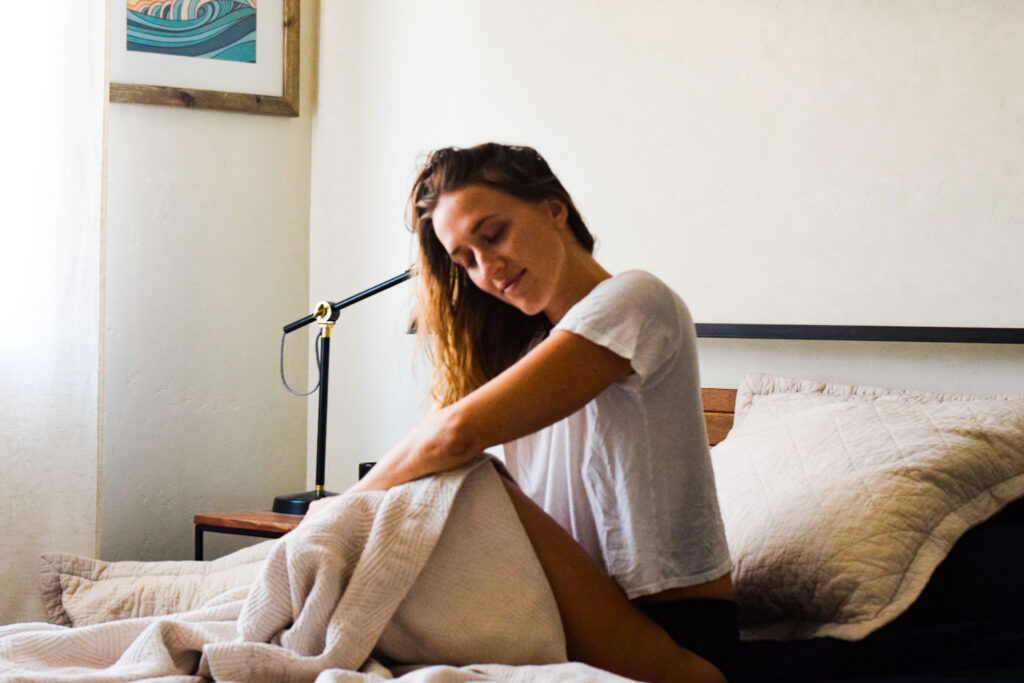
1. A good, non-toxic mattress
Maybe you bought yourself a new mattress back when you were in college. Maybe it was a hand-me-down, maybe you’re using your spouse’s, using your parent’s or maybe even your childhood one. Either way, there’s a good chance you’re due for an upgrade- and its an investment worth saving and planning for.
If you’re currently in the market for a new mattress, here’s my full mattress guide on what to look and look out for when shopping. If you can, opt to purchase a mattress that is non-toxic and low in VOC’s. Theres plenty of options out there, but Avocado is known quality, non-toxic mattress that meet a variety of certifications that make it ones of the top clean mattresses out on the market.
2. A pillow designed for your sleeping style
Do you notice how pillows get heavier with time? As we sleep on them each night, our body sheds hair, skin, and oil that our pillows absorb. Over time, dust mites make their way into pillows and feed on our dead cells (yes, this is somewhat horrifying.) While dust mites aren’t extremely harmful, they can trigger people with allergies and disrupt a good night’s sleep. And if you sleep with pets on your bed, these pillows will also collect particles off of your furry friends.
If your pillow is discolored, smells, has lumps, or if you wake up from sneezing, have neck pain or headaches, you know it’s time to get a new pillow or two. In general, here’s how long specific pillows last:
- Memory foam & feather: 18-36 months
- Synthetic down/down alternative: 18-24 months
- Latex: 3-4 years
- Polyester: 6-24 months.
Like shopping for a mattress, try to go for an organic or non-toxic option with your pillows. Since you spend a good chunk of your lifetime with your head on a pillow, you’ll want to make sure it’s not releasing any harmful VOC’s into the air you’re breathing in.
It’s also good to try out a pillow designed for your specific sleep style. Whether you’re a side, back or stomach sleeper, there are specific pillows crafted for each. Coyuchi has great, clean options for your specific sleeping patterns. The goal is to not have to fidget to find comfort when falling asleep – and using a pillow you don’t need to adjust throughout the night is worth the money.
3. Oura Ring
Better sleep starts with understanding how you sleep. Low EMF sleep trackers like the Oura Ring monitor the quality of rest you get each night. This sleek ring has small sensors that track body temperature, measure blood volume pulse and resting heart rate, detect movement and more. The ring syncs to their mobile app, where you can see your specific recommendations for better sleep and recovery.
Although it has Bluetooth technology, the company claims it’s only active on the ring for short periods of time (below 1% of the day.) and it’s also turned off when you’re inactive or sleeping.
4. Blue light blocking glasses
Your circadian rhythm is your internal clock that tells you when it’s time to wake up in the morning and go to bed at night. Although blue light – a part of the visible light spectrum with the highest energy and shortest wavelengths – also regulates our circadian rhythm by influencing the production of melatonin in our body.
Blue light is emitted in large amounts through both computer screens and smartphones. So when you’re looking at your phone or watching TV at night, there’s a good chance that light is inhibiting your body’s natural melatonin production (and we know how important melatonin is for your nightly brain detox). Have you ever gone to bed, turned on the TV, and had trouble falling asleep? Blue light could be the culprit.
Investing in a good pair (or two) of blue light glasses is an easy way to cut back on the blue light from our TV’s and phones. If you’re like me and love watching a little Netflix before bed, pop on a pair of these glasses while you do so. Having a few around the house is a great way to remember to put them on once the sun goes down.
5. Red light
As we discussed above, a key factor in your ability to fall and stay asleep is light. Different wavelengths of light have different effects on your ability to sleep. This is because evolution has hardwired our systems to respond to the sun rising and setting each day.
Contrary to blue light, red light doesn’t act as a stimulant. Red light wavelengths have a soothing effect on the body, and it’s the most conducive wavelength of light for a good night’s sleep. Whether you’re traveling to a different time zone or at home, using red light before bed can help your body transition into its natural sleep cycle.
A recent study looked at how red light affected the sleep quality and endurance performance of elite female athletes. Red light participants received 30 minutes of red light exposure every day for two weeks, while the control group received no red light treatment. The red light group showed marked improvement in sleep and melatonin levels and also showed increased endurance performance.
While there are many pricey red lights out on the market, you just need to get one with the correct wavelength (in-between 600 – 700 nanometers is said to deliver the best biological responses.) This wavelength is quickly absorbed by the skin and penetrates deeper into your body to immediately help regeneration. Throw the red light on for 15-30 minutes before falling asleep to get the most out of it.
6. Liposomal melatonin
Have you ever tried melatonin and came to the conclusion that it just doesn’t work? Yep, same. Until I tried something called liposomal melatonin. I go into the the deep details of liposomal melatonin in this blog post, but liposomal melatonin is different in that it breaks the blood/brain barrier but still taken by the mouth. It doesn’t get broken down in the digestive tract and manages to get to the brain in a much more effecient way. I’m a big fan of Quicksilver Scientific products and have been using their liposomal melatonin for years.


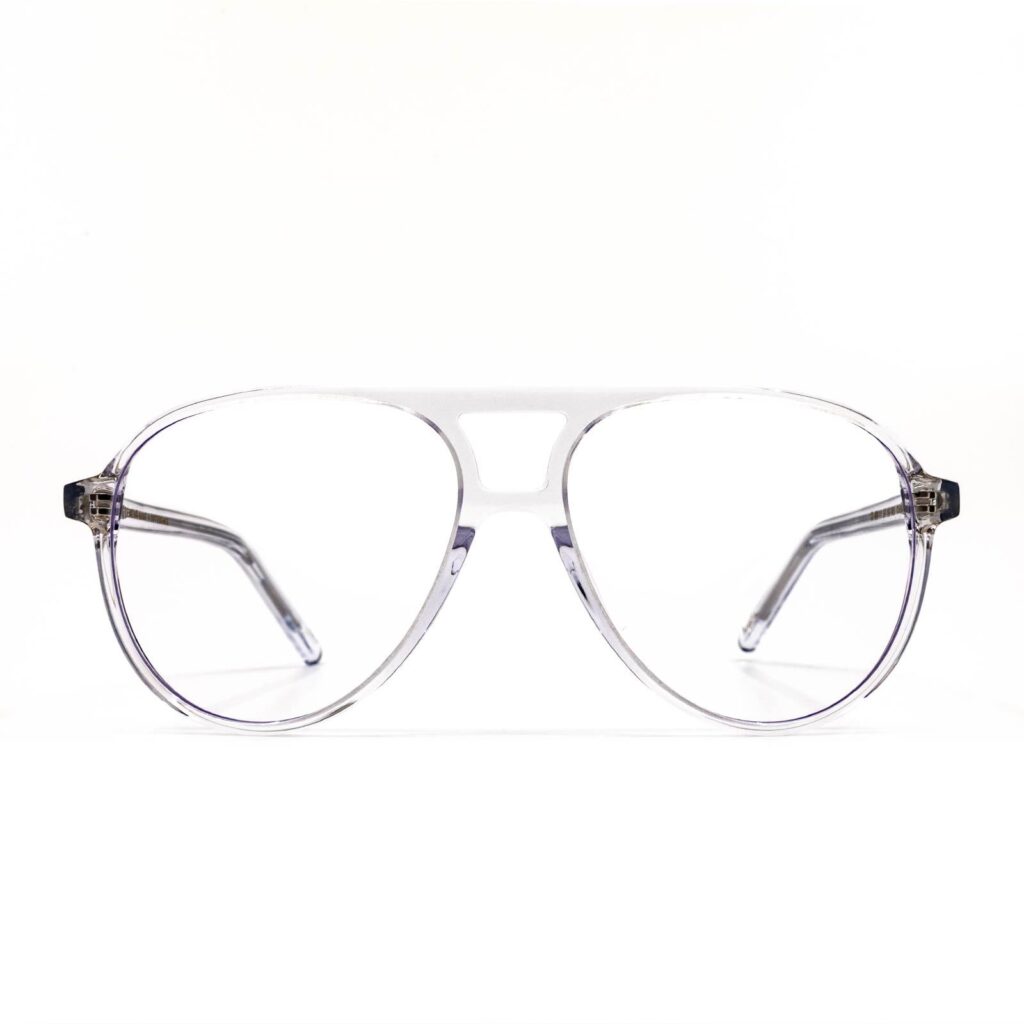
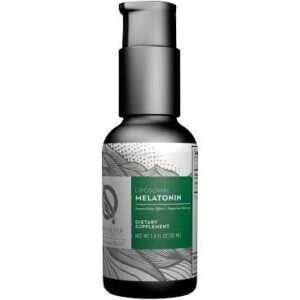
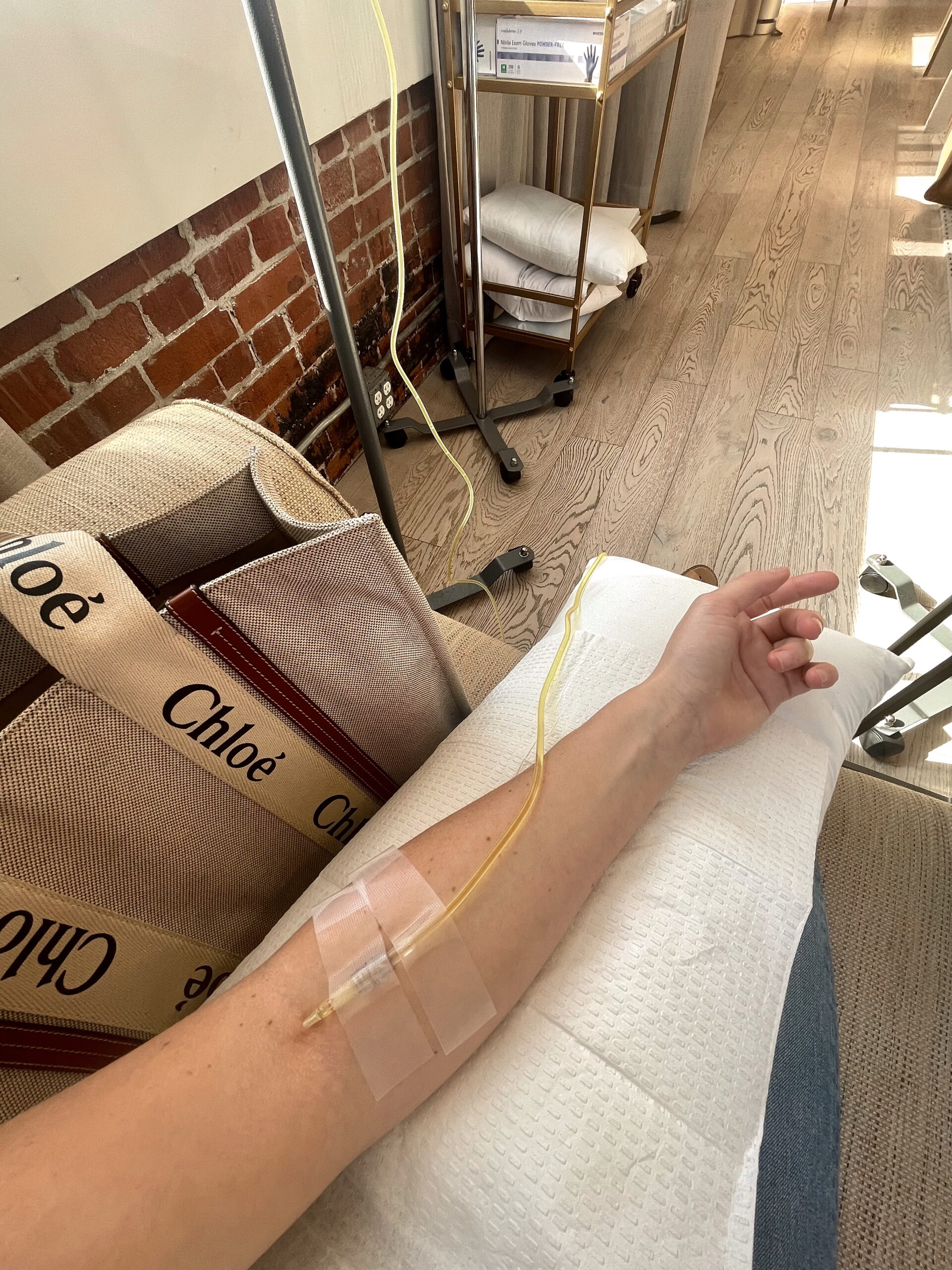
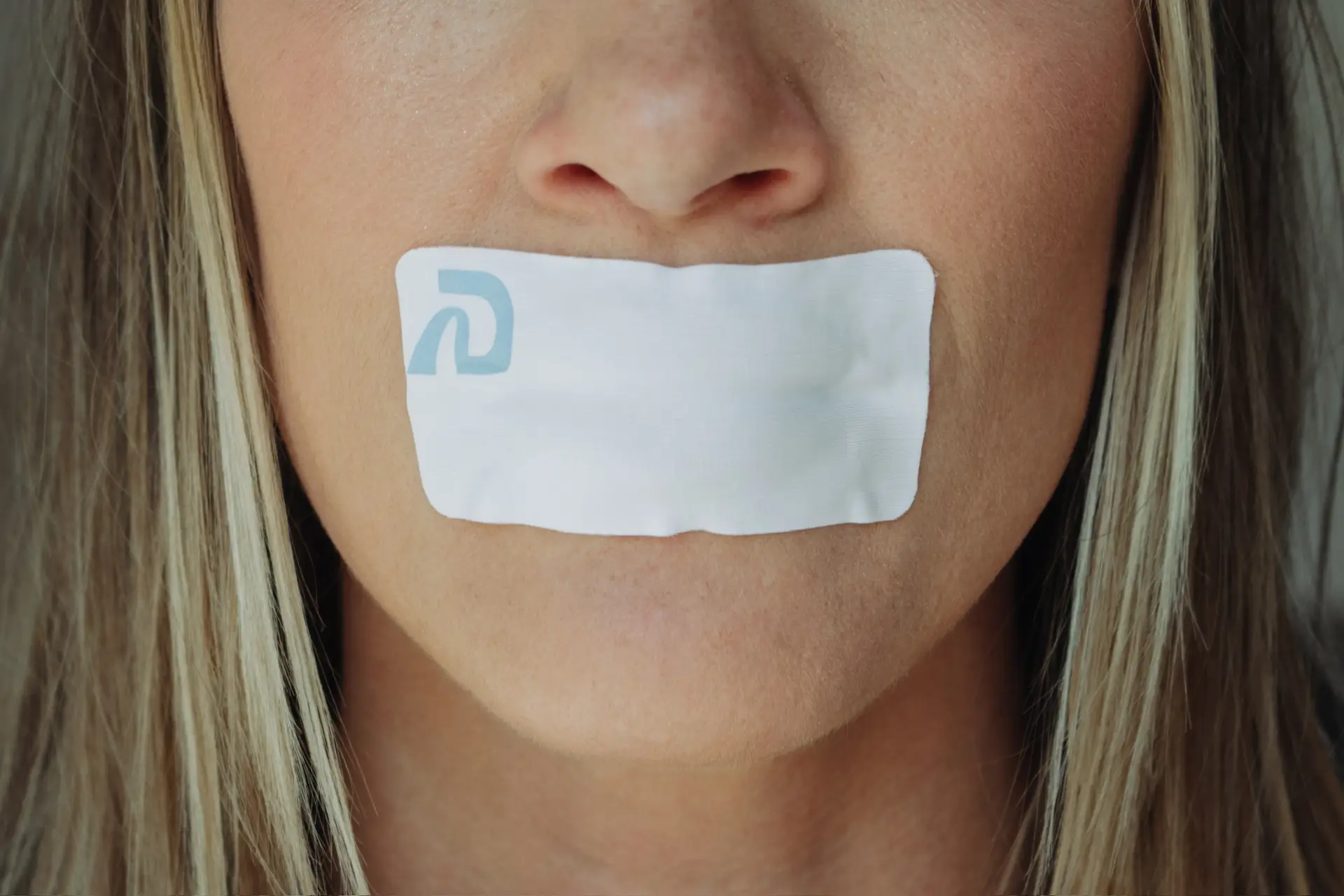
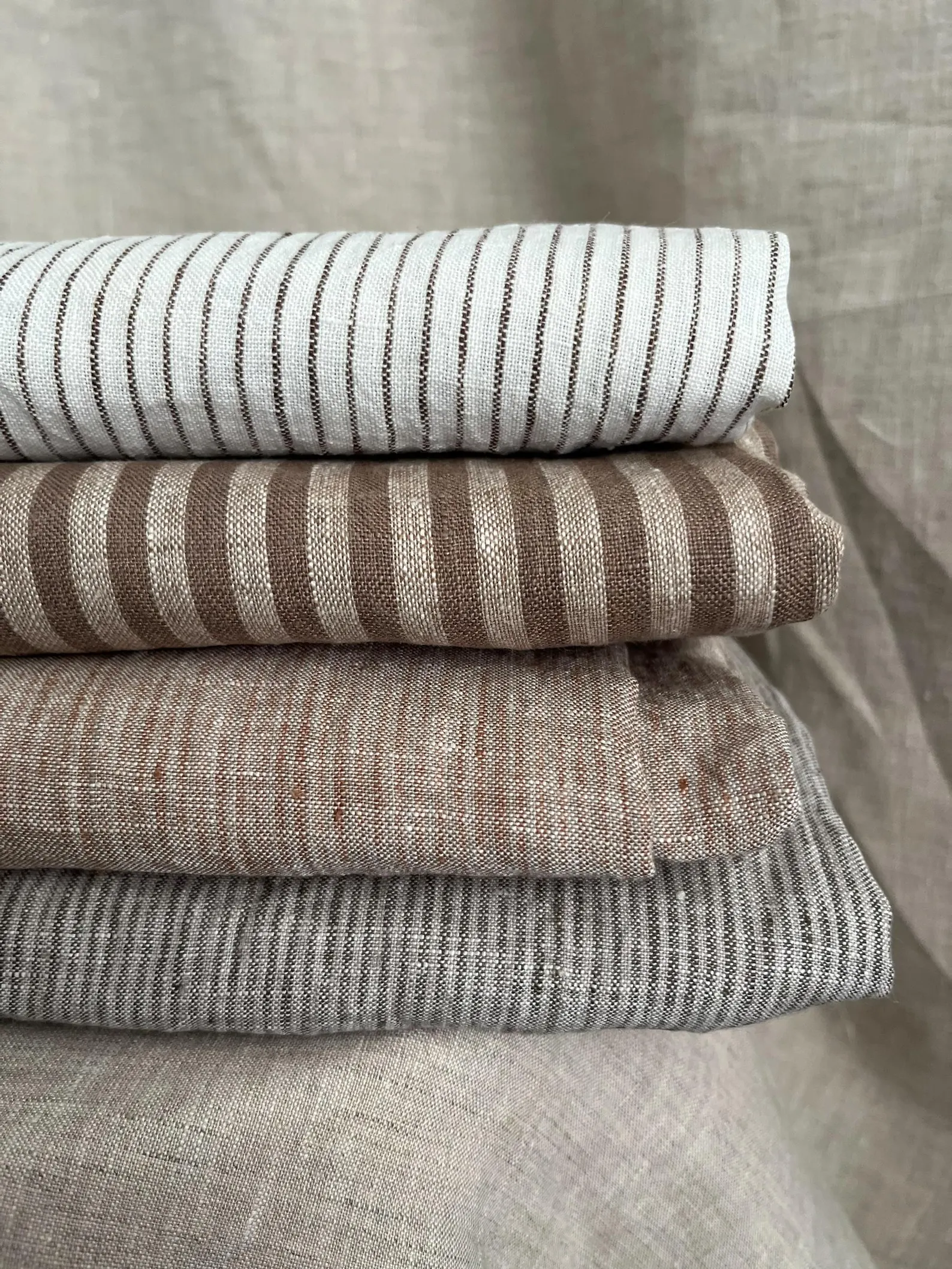
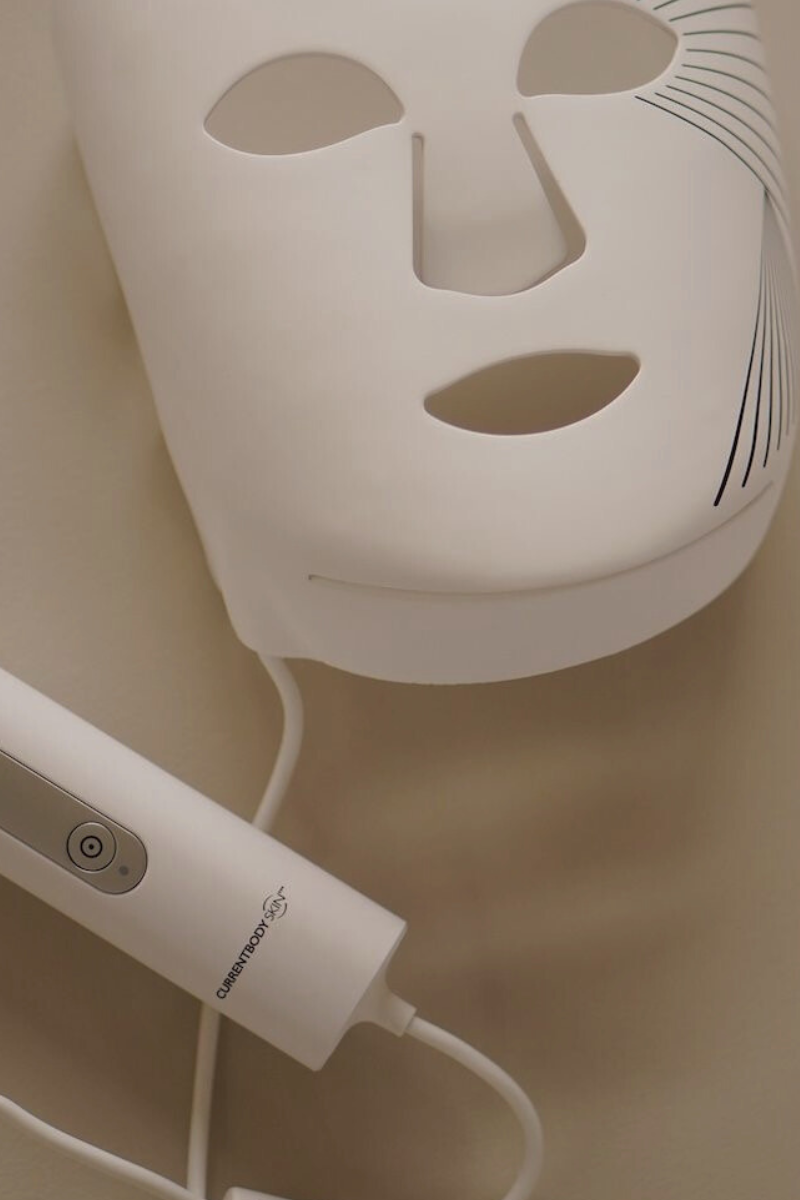

Comments +